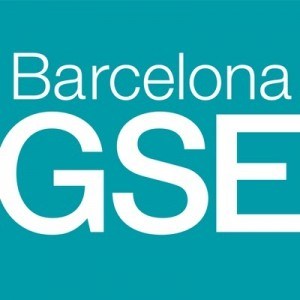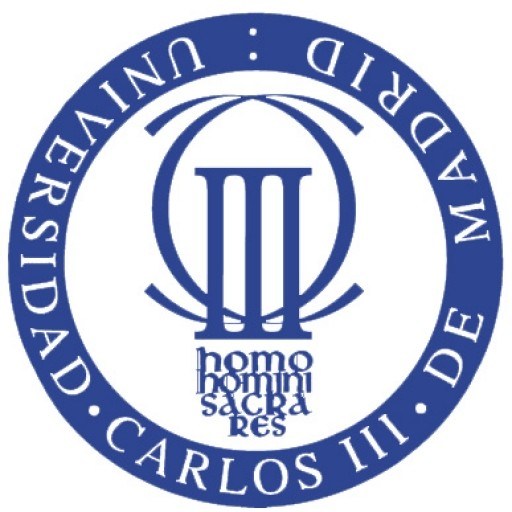Photos of university / #barcelonagse
The Economics of Public Policy Program provides students with the theoretical and empirical fundamentals to answer questions that impact entire populations.
How and why do particular public policies get implemented? How are they designed? How do we know if they work? Why are some policies more successful than others?
National-level finance and planning involves big numbers: pensions, health systems, income support, social programs, and so forth. Successful public policies can make all the difference for the lives of millions of individuals, with numbers and effects become much larger for developed countries and faster growing in developing ones.
Students will be drilled in commanding advanced empirical public policy evaluation tools, and will be ready to use these tools in practice.
Students will be exposed to the views of experts from fields other than Economics in order to build an appreciation for the multidisciplinary nature of public policy design and evaluation. A master's advisor will guide each student in completing an independent master's project by the end of the program, allowing specialization in a policy topic of the student's choice.
Our graduates will be prepared to take on analytical positions at public institutions, international organizations, consulting firms, research institutions, and think tanks.
Graduates will also be well-prepared to pursue advanced post-graduate study of Policy or Economics.
Skills Acquired
- Confidence in examining and discussion of Economic theory behind the design and evaluation of public policies
- Applied analysis in Microeconomics, Macroeconomics, Information Economics, Game Theory, and Political Economy
- Command of state-of-the-art empirical tools to evaluate policies and impacts
- Expert knowledge of institutional framework contexts where public policies are designed and implemented
- Ability to communicate in written technical and non-technical policy reports based on multidisciplinary approaches
Addressed to
- Students with Business Administration, Economics, International Relations, Political Science, Public Policy, or Statistical backgrounds
- Junior analysts or professionals from the workforce looking to upgrade their analytical skills
- Aspiring PhD students who want to build a solid foundation
Prospective Employers
- Governmental and International Agencies
- Non-government Organizations (NGOs)
- International Organizations
- Pharmaceutical and Internet Industries
- Research and Academic Institutions
Entry criteria
At the Barcelona GSE we look for excellence and talent. Key elements of a strong application are a high GPA, a sound statement of purpose and a standout reference letter. Strong knowledge in economics and good quantitative skills are also recommended.
The entry criteria for applicants are:
- An Undergraduate/bachelor/grado/laurea, or equivalent degree from an accredited college or university (for Bologna degrees, a minimum of 180 ECTS are required).
- A typical applicant would hold a University Diploma in Economics, Finance, Engineering, Mathematics, Statistics or Business Administration. See our Student Profile for more detailed information.
- An advanced level of English language skills: TOEFL 90 and IELTS 6.5
- GRE exam is mandatory for the Data Science Program and highly recommended for those applicants to the Economics Program who want to be considered for the UPF PhD program (GPEFM).
Note that the fulfillment of the minimum entry requirements does not guarantee admission. Candidates will also be evaluated on the following admission criteria:
- Outstanding academic record
- Quantitative skills
- Reference letters
The Barcelona GSE is able to offer tuition waivers and fully-funded scholarships based on academic merit.
The financial aid that is available to students includes:
-
Fully funded scholarships
-
Waivers for 100%, 75%, 50% and 25% of tuition fees
-
Teaching assistantships
Financial aid will only be awarded to candidates that have an outstanding academic record. All candidates will automatically be considered for any available financial aid when they submit a completed application for a master program.
While applications are open every year until June 25, preference in funding will be given to candidates who apply before January 15.
In the Class of 2016, 34% of students were awarded with scholarships or tuition waivers.
Master degree awarded
Upon successful completion of the program, students will receive a Master Degree in Specialized Economic Analysis awarded jointly with Universitat Autònoma de Barcelona (UAB) and Universitat Pompeu Fabra (UPF).
All Barcelona GSE master degrees have been recognized by the Catalan and Spanish Education authorities within the framework of the Bologna Process (in Spanish, “Master Universitario o Master Oficial”).




